
- Want a ticket worth up to $500 for free?
- Submit your answer by April 30th for a chance to win.
We put together this complete guide on how to become a volunteer. Learn what kinds of projects there are and how to choose the best one for you!
7min
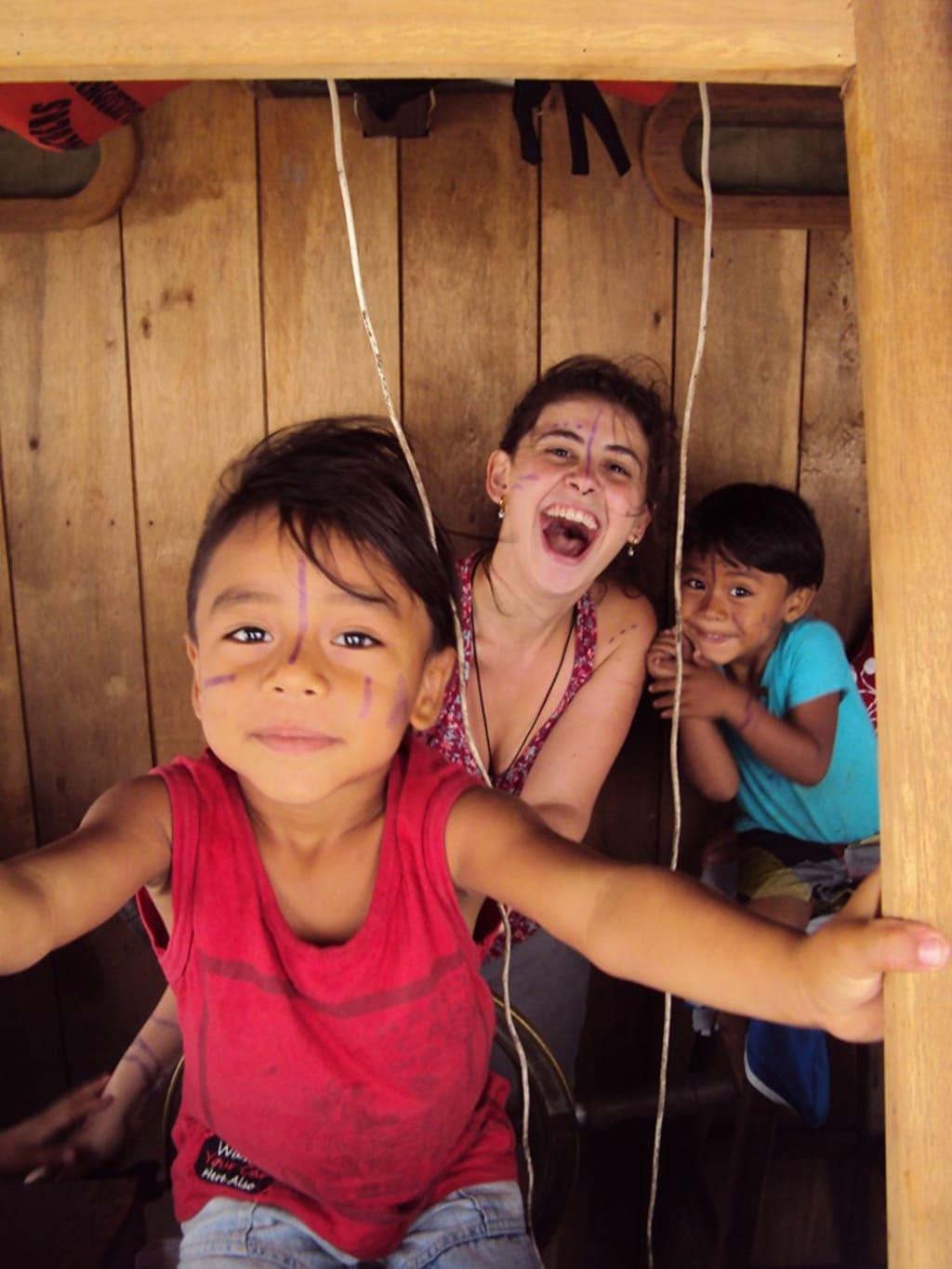
Volunteering means helping other people, projects, and communities by offering your time and abilities to areas or activities where they need help. Nowadays, you can use dedicated sites to look for places to volunteer, as we're gonna see later.
In this article, I’m going to tell you a little more about how to become a volunteer by following these steps:
Participating in a social volunteering project is an intense and transformative experience that can change the way you see yourself and the world around you. So get ready to fully participate in many different projects starting now!
You know that feeling that fills your chest when you know you’re acting in service of something greater than yourself?
This may be helping another person or a social issue, improving the lives of animals that need help, or taking part in a complex environmental cause, right?
It was through countless marches and community movements around Brazil that I learned the power of the collective, the value of giving someone your hand and getting hugs, smiles, and the hope of a better future in return.
Traveling as a volunteer made all of this possible for me!
Not to mention my professional growth, expanding my network of contacts, and all of the incredible experiences I’ve had up until now (and all of the money I saved!).
Ready to learn how I do it?
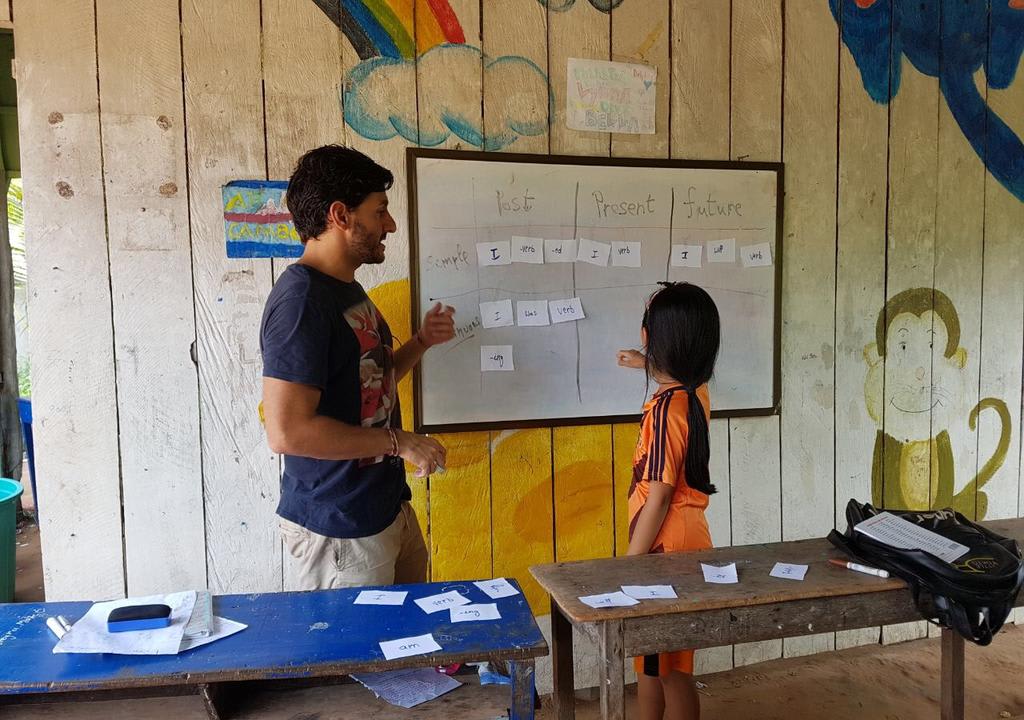
Community exchange is simply offering your time to an establishment, community, or social project that needs the skills you have to offer, without receiving monetary compensation in exchange.
Although you are not being paid, you will be rewarded with joy and happiness for doing something with all of your heart. It also gives you the opportunity to learn things, discover new places and immerse yourself in other cultures.
It was by signing up to volunteer at the Olympics and Paralympics and deciding to stay in Rio de Janeiro for two months that I experienced the city, the competitions, and the olympic village, and also met people with my interests, improved my language abilities, grew professionally, had more fun than I’d ever imagined, and came back home full of unique experiences.
There are even people that quit corporate to travel the world as a humanitarian volunteer.
You will need a plataform that connects you with welcoming hosts all over the world where you can stay by exchanging your skills for accommodation, and Worldpackers is perfect for it.
Here you’ll find social projects, NGOs, communities, ecological projects, ecovillages, permaculture institutes, holistic centers, hostels, and family homes where you can volunteer with a minimum annual fee. See more on the video below.
If you want to read more about this, don't miss out our article on How to find volunteer jobs.
The primary resource you have, of course, is your available time. How much time do you have to spend traveling or volunteering?
The amount of time and the days that you’ll be expected to contribute is an important topic to be discussed before you make a mutual agreement with your host, and of course is something to be put in writing.
Don’t offer up all of your free time to something like this if you’d also like to have some time off just to relax – be honest about your desires too!
Work hours vary greatly depending on the kinds of activities being requested, and also if the place is a permanent project or a temporary event.
For temporary events, it’s normal for a high quantity of hours to be requested, especially if it only lasts for a few days. On the other hand, if you plan on staying for weeks or months in one place, make sure that you’ll have a healthy balance between work and free time.
As volunteering is the goal of your trip, but not the only reason for it, it’s ideal for you to still have some free time for other activities you’d like to do. So discuss hours with your host and make it clear that you plan on doing different activities while there if that’s the case. You can discuss and agree upon all of this in advance.
What you can offer while traveling as a volunteer can vary. It’s worth making a list of all of them for yourself.
Write down all of your intelectual, physical, and general skills. These can be languages, musical instruments, maintenance, gardening, repairs, cooking, entertainment, programming, strength, electrical, woodworking... Everything you know how to do, including things you’re interested in learning.
Is your goal to contribute to a humanitarian crisis, a natural disaster, or an organized social movement? In any case, you are the best person to say which project or initiative you’d like to support.
Not sure where to start?
You can always have your first social volunteering experience at projects located anywhere in your home country, and then when you feel more confident and self-assured afterwards, try out places in other countries.
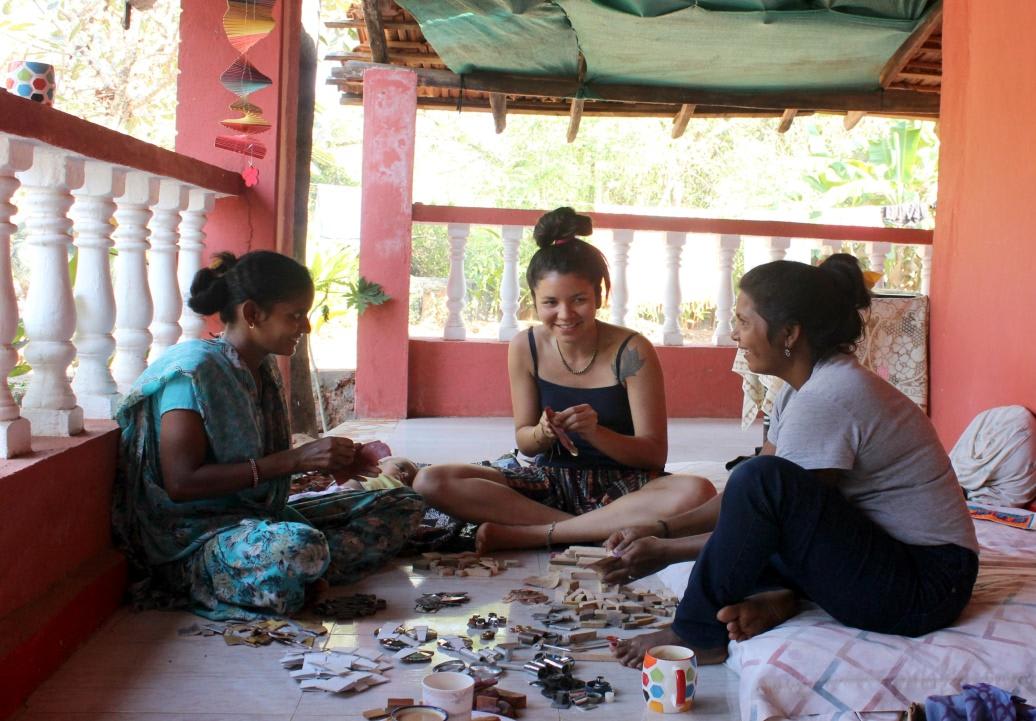
After many planning, its time to contact hosts on the plataform. The best thing you can do at this point is work out all of the details in advance and get all of your questions answered by your host before arriving there.
In this conversation, be honest about your questions and expectations. Ask about food, sleeping arrangements, bathrooms, clothing expectations, benefits, and whatever else comes to mind. And let them know any personal needs you may have.
I’ve learned through experience that honesty will avoid a good number of misunderstandings in the future, as some volunteer positions will offer you many benefits and others not as many.
After navigating through all of the possibilities of projects where you could help, keep in mind the places that you’re drawn to as destinations. Buuut (this is important!) don’t get too attached to them.
With this kind of trip, it’s really essential that you be familiar with the objectives and guiding principles of the work, because I can guarantee that the location you choose is only one piece of the trip.
So allow yourself to travel to a place you’ve never even dreamed of before! There are tons of collaborative opportunities and kinds of volunteer work around the world that you can’t even imagine.
Finally, it’s time to think about how much this trip will cost, because this will determine when you can make your trip a reality.
When planning, take into consideration the benefits that you will receive at the program you choose, and estimate how much you’ll spend on:
Accommodation and food costs together typically surpass 50% of the total cost of travel, and in many cases both or at least one of them will be covered by your host organization.
It was through teaching geography to children at a little school in a native community that I had the opportunity to camp for 13 days in the middle of the Amazon rainforest, living and learning with the locals.
Living with less, tasting new foods, hearing tips on which market is the cheapest in the area, getting invited to eat at new people’s houses, going to those incredible places that most tourists never get to see...
It’s a non-materialistic way of life, part of the social impact that trips like this make both for you and for those who host you.
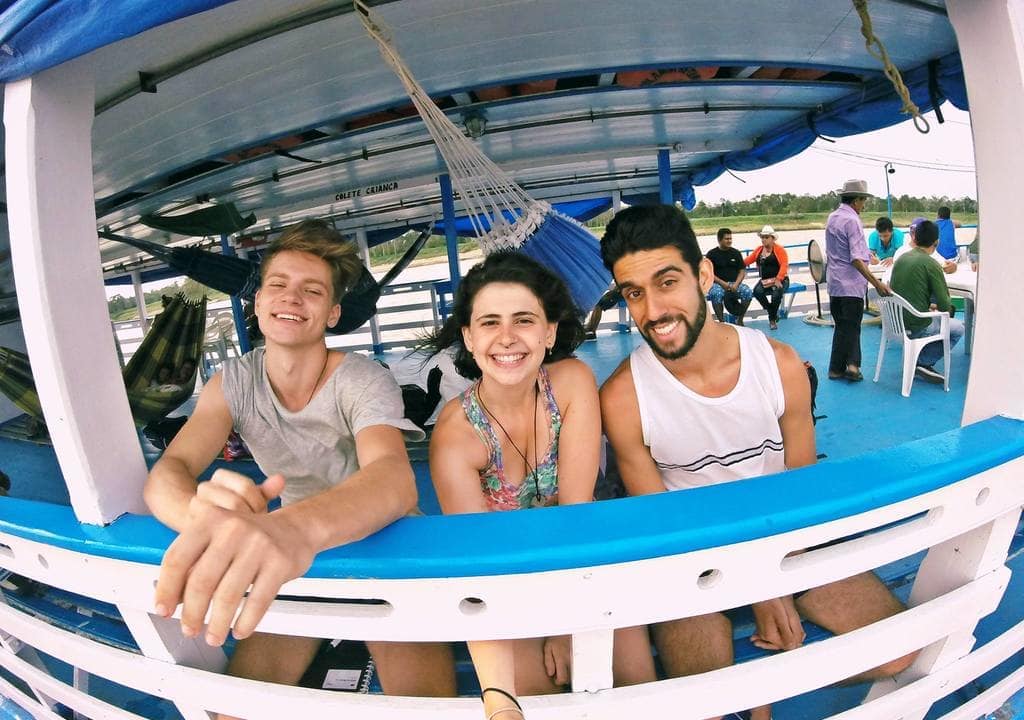
Besides, this kind of trip tends to be way more economical compared to the traditional way of traveling (what we call “touristing”) where you pay for absolutely everything and still might not even have a fulfilling or authentic experience.
On all of my trips where the main purpose was volunteering, I calculated how much I would have spent if I’d been a typical tourist (paying for accommodation, food, transport, trip tickets, etc.), and I came to the conclusion that I always saved money.
And during my trips, I always try to shop at local merchants. Aside from contributing to the local economy, I end up discovering tons of things I never even knew existed. It’s a true experience of exchange, respect, and multiculturalism.
After taking all of these factors into consideration, now you know how to become a volunteer. It’s time to literally start planning your trip! I like to follow these guidelines to make sure everything goes well:
Like most trips, there’s no real secret to it.
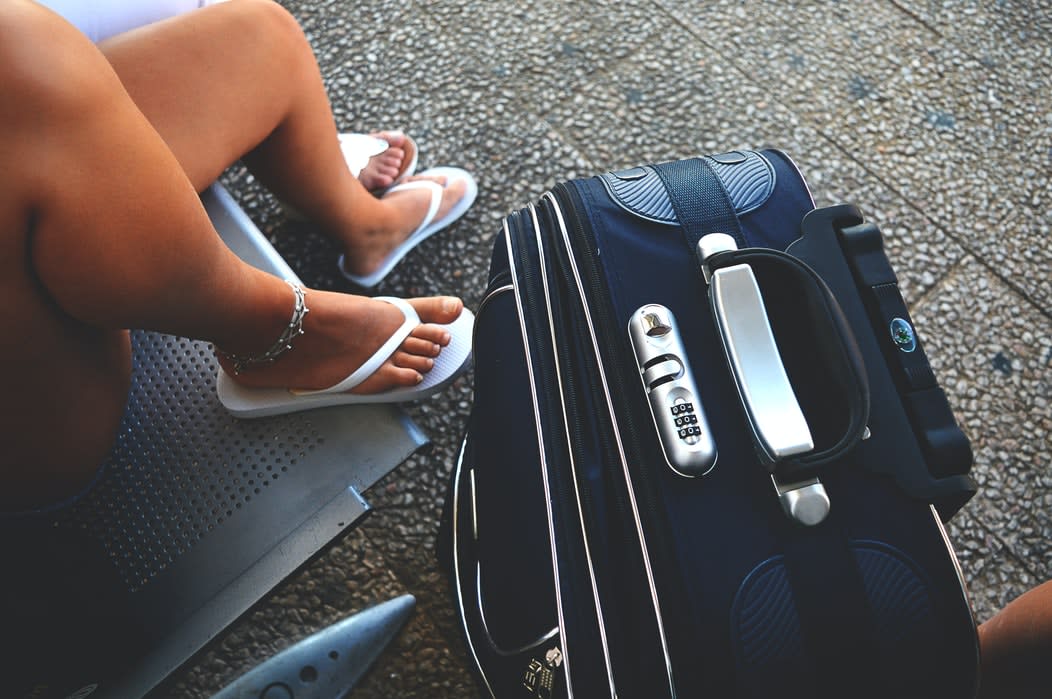
For a project or community, your volunteer efforts can (and will) make all the difference. Just like it will for you too.
Believe this: with the combination of the skills you have and your desire to help, you are the perfect person for certain places around the world!
Some volunteer work is engaged with important and sensitive causes. So try to make the most of this chance to learn from them. Some will be in places where the culture is very different from your own, and it’s perfectly ok to feel different from other people.
Just like any other commitment you make, keep in mind that people will be counting on you, so make your trip there count.
Give the best of yourself, participate fully, experience things completely, and don’t be afraid if you’re surprised by what you find.
Regardless of whether you volunteer in your home country or at projects in Brazil or other destinations, make it a point to surprise yourself with the local realities, not agree with everything you see, not feel perfectly comfortable all the time, or even feel powerless in the face of certain situations.
If you read the stories of other people who have already had these unique experiences, you’ll see that what they say revolves around one point: you learn more than you teach.
Remember: you’re there to offer support, not to change the world in a week. All help makes a difference, and you learn from every experience.
With luck, you and the planet will both be better off after making your volunteer trip a reality.
I hope that this guide on how to become a volunteer helps you to get out there in the world and collaborate with other people.
From one traveler to another: safe travels!
Write here your questions and greetings to the author
Hussien
Feb 03, 2023
It is Amazing